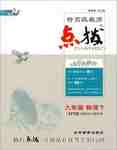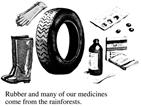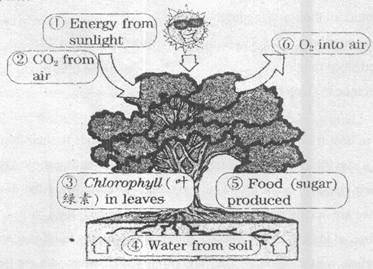题目内容
The best way of learning a language is using it. The best way of learning English is talking in English as much as possible. Sometimes you’ll get your words mixed up and people will not understand you. Sometimes people will say things to quickly and you can’t understand them. But if you keep your sense of humor(幽默感), you can always have a good laugh at the mistakes you make. Don’t be unhappy if people seem t be laughing at your mistakes. It’s better for people to laugh at your mistakes than to be angry with you, because they don't understand what you are saying. The most important thing for learning English is, “Don’t be afraid of making mistakes because everyone makes mistakes.”
小题1:What is the best way for you to learn a language according to the writer?
A. writing. B. using it. C. listening.
小题2:What should you do in learning English?
A. Write as quickly as you can.
b. Speak English as much as you can.
C. Laugh more often.
小题3:When people laugh at your mistakes, what should you do?
A. Not care. B. Be happy. C. Feel worried.
小题4:What should you do when you make a mistake?'
A. Keep quiet.
b. Get angry.
C. Keep your sense of humor
小题5:What can we learn from the passage?
A. Anyone will make mistakes.
B. People never make mistakes.
C. Few people make mistakes.
小题1:B
小题2:B
小题3:A
小题4:C
小题5:A
学英语的方法是用它,而且还不要怕犯错误,不要怕别人嘲笑你。
小题1:细节理解题。根据第一句话“The best way of learning a language is using it.”可得出答案。
小题2:细节理解题。根据第二句话“But mostly they just write down what they do every day.”可知答案。
小题3:推理判断。根据句子“Don’t be unhappy if people seem t be laughing at your mistakes. ”可知,如果别人在嘲笑你的错误时,不要在意。
小题4:细节理解题。根据句子“if you keep your sense of humor(幽默感), you can always have a good laugh at the mistakes you make.”可知答案A。
小题5:细节理解题。由最后一句“Don’t be afraid of making mistakes because everyone makes mistakes.”可得出答案。
小题1:细节理解题。根据第一句话“The best way of learning a language is using it.”可得出答案。
小题2:细节理解题。根据第二句话“But mostly they just write down what they do every day.”可知答案。
小题3:推理判断。根据句子“Don’t be unhappy if people seem t be laughing at your mistakes. ”可知,如果别人在嘲笑你的错误时,不要在意。
小题4:细节理解题。根据句子“if you keep your sense of humor(幽默感), you can always have a good laugh at the mistakes you make.”可知答案A。
小题5:细节理解题。由最后一句“Don’t be afraid of making mistakes because everyone makes mistakes.”可得出答案。

练习册系列答案
 特高级教师点拨系列答案
特高级教师点拨系列答案
相关题目

